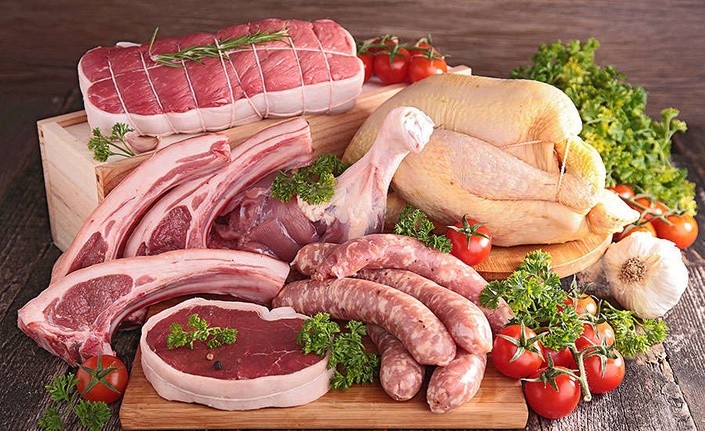Understanding the 9 Major Food Allergens
In the United States, food allergens are a significant concern for public health and safety. There are currently nine major food allergens of concern in the United States but many countries have more. These nine allergens account for the majority of allergic reactions reported by consumers. SafeFoodTest.com specializes in food allergen management and can assist food facilities in creating robust allergen control procedures and providing training to ensure compliance with regulations.
The 9 Major Food Allergens:
- Milk: Allergy to cow’s milk is one of the most common food allergies, especially in children. It’s important to note that milk allergies include all products derived from cow’s milk, such as cheese, yogurt, and butter.
- Eggs: Egg allergies are prevalent in both children and adults. This allergy includes both egg whites and egg yolks and extends to products containing eggs as ingredients, like baked goods and certain sauces.
- Peanuts: Peanut allergies are often severe and can lead to life-threatening reactions. Even small traces of peanuts can trigger an allergic response. Peanuts are commonly found in snacks, candies, and ethnic foods.
- Tree Nuts: Tree nut allergies include allergies to almonds, cashews, walnuts, and other nuts. Individuals allergic to one type of tree nut may also react to others. Tree nuts are present in various foods and can be challenging to avoid.
- Fish: Fish allergies are relatively common and can develop at any age. Allergy to one type of fish does not necessarily mean an allergy to all fish species. Fish allergens can be found in unexpected places, such as Worcestershire sauce and Caesar dressing.
- Shellfish: Shellfish allergies are divided into two categories crustaceans and mollusks however in the United Sates only crustaceans (e.g., shrimp, crab, lobster) are considered a major food allergen.
- Wheat: Wheat allergies are distinct from gluten intolerance or celiac disease. Wheat is a common ingredient in many foods, including bread, pasta, cereals, and baked goods. Individuals with wheat allergies must carefully read ingredient labels.
- Soy: Soy allergies are common in infants and children but can also affect adults. Soy is a versatile ingredient found in numerous processed foods, including soy sauce, tofu, and vegetable oil.
- Sesame: Sesame allergies have gained recognition as a major allergen in the United States. Sesame seeds and sesame oil are used in various cuisines and food products, presenting challenges for individuals with allergies.
SafeFoodTest.com: Your Partner in Food Allergen Management
SafeFoodTest.com specializes in assisting food facilities in developing effective allergen control procedures to prevent cross-contact and ensure the safety of allergic consumers. Our services include:
- Allergen Control Procedures: We help food facilities establish robust allergen control procedures, including segregation, cleaning, and labeling protocols.
- Training: Our training programs educate food industry professionals on the importance of allergen management, including proper labeling, handling, and sanitation practices.
- Compliance Assistance: We ensure that food facilities comply with relevant regulations, including FALCPA labeling requirements and other allergen-related regulations.
- Risk Assessment: Our experts conduct comprehensive risk assessments to identify potential allergen hazards within food production facilities.
For more information on how SafeFoodTest.com can assist your food facility in managing food allergens and ensuring compliance, visit our website or contact us today. Protect your consumers and your brand with effective allergen management solutions from SafeFoodTest.com.
Contact David LA Rosson today 562-292-0555



